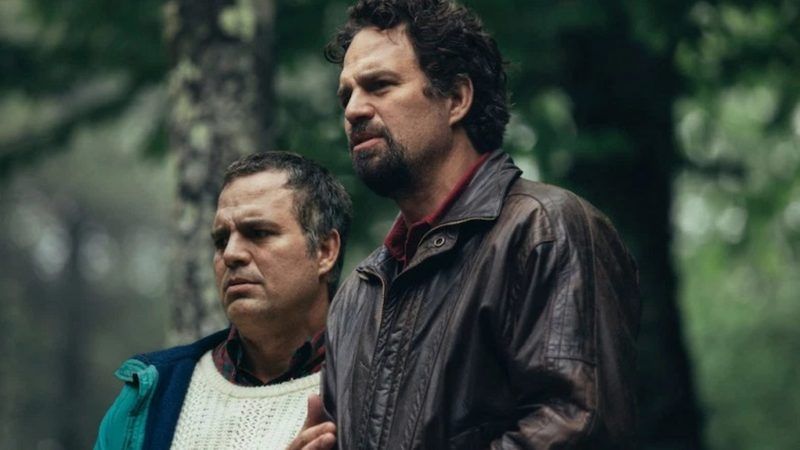Mark Ruffalo Shines in Brutal I Know This Much Is True Adaptation
Dual roles highlight harsh, almost masochistic miniseries of twin brothers’ travails.

I Know This Much Is True. HBO. Sunday, May 10, 9 p.m.
In the first couple of minutes of I Know This Much Is True, house-painter Dominick Birdsey, summoned to a hospital by an emergency phone call, discovers his mentally disturbed twin brother Thomas has chopped his own hand off as some kind of scatter-brained protest of the 1990 U.S invasion of Iraq.
This is not the first, worst, or last mess Thomas has left Dominick to mop away (though it is probably the most literal). His predilections for head-banging, knife play, throwing food at surveillance cameras and wearing metal clips in his hair to block enemy signals from Cuba have left Dominick's life in perpetual clean-up mode. "He is my curse," broods Dominick.
That is, more or less, the entire plot of I Know This Much Is True, a six-hour miniseries based on Wally Lamb's 1998 novel, which in turn seems to have been adapted from the Biblical book of Job. HBO's production is relentlessly grim, a smothering tapestry of insanity, nutballery, and emotional and physical brutality. (Let television historians note it contains the first close-up of the effect of a policeman's knee on a human testicle.)
The obvious question is why or even how anybody could or would sit through such a thing. And the answer, equally obvious to anyone who watches even five minutes, is the awesome performance of Mark Ruffalo as both twins. Working in virtually every single scene, Ruffalo manages to craft the twins into two distinct characters: Thomas, the crackedly sympathetic but madly aggravating schizophrenic, and Dominick, the angrily trapped brother's keeper.
Yet Ruffalo also weaves the brothers together with a common thread of menacing rage. When Dominick screams at the callous cops and bureaucratized mental-health workers who plague his brother, it does not seem so different from the anguished shouts of Thomas in response to the voices inside his head telling him he owes God the sacrifice of his hand. They share so much in common that when Dominick announces his intention to move out of their mutual college dorm room to establish a separate identity, Thomas' shouted riposte—"You are me!"—almost sounds like the foreshadowing of a trick ending, where one of the twins turns out to be a hallucination of the other.
That turns out not to be the case. I Know This Much Is True is littered with red herrings and loose ends. One of the liveliest characters is a sexually overcharged grad student (played with nutty abandon by Juliette Lewis) who develops a stalkerish fascination for Dominick. But after one wild scene that seems to establish her as a major character, she quickly fades from sight. An extended subplot about the lost memoir of the brothers' Sicilian grandfather—it seems he wasn't a very nice man—likewise seems something of a snipe hunt, especially because he died before the boys were even born and his influence on them was zilch. I Know This Much Is True is not the sort of work that ties everything up in a neat package at the end.
In fact, the whole brother's keeper aspect of I Know This Much Is True may not be the main point of the show. Plenty of terrible things happen to Dominick—from a son-of-a-bitch stepfather to a baby girl's crib death, from faithless girlfriends to bone-shattering falls from ladders to brain-addling car wrecks—which have nothing at all to do with Thomas.
The Book of Job really may be the best reference point here; despite disaster after disaster, doubt upon doubt, Dominick keeps striving to protect his cruelly damaged brother in hopes that the two of them can achieve, if not material gain or even happiness, at least a sort of state of grace, an understanding of their constant travail.
Whether they do is not mine to tell, but the show certainly does so for itself. I Know This Much Is True may look on the surface like a puddle of voyeuristic masochism, but beneath it all, its karma is all good.


Show Comments (9)